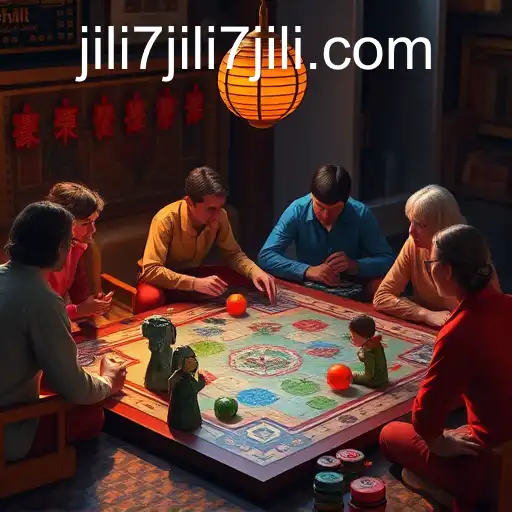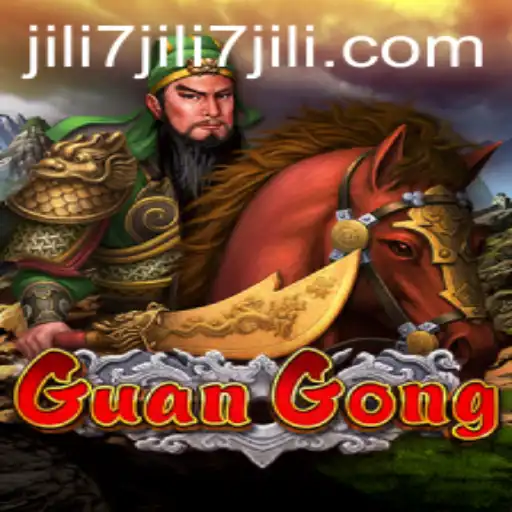
Exploring FortuneNeko: A Magical Gaming Experience
Discover the intriguing world of FortuneNeko with its mystical gameplay mechanics and captivating features.
Home » Tabletop Game
In the realm of entertainment, the appeal of tabletop games has remained consistent, offering players a tangible and interactive experience. The growing interest in these games is partly due to their ability to bring people together in a way that digital counterparts often cannot. In this article, we delve into the fascinating universe of tabletop games, exploring their history, evolution, and the mysterious term 'jili7'.
Tabletop games have a long-standing history, with origins tracing back to ancient civilizations. The earliest known game, Senet, dates back to 3100 BC in Egypt. Over millennia, these games have evolved significantly, reflecting changes in societal values and technological advancements.
In the early 20th century, classic board games like Monopoly and Scrabble carved their niche in the world of leisure activities. The post-war era saw a surge in popularity, with families gathering around to engage in friendly competition. As decades passed, game designers experimented with complex mechanics and narratives, giving rise to the contemporary tabletop gaming scene.
The influence of tabletop games extends beyond the scope of casual entertainment. They have seeped into various facets of popular culture. Shows like 'Stranger Things' have rekindled interest in classics such as Dungeons & Dragons, while modern board games often incorporate themes from popular media.
These games have also stimulated a cultural shift, promoting social interaction and strategic thinking. They serve as a bridge between generations, offering a platform for shared experiences and storytelling. The resilience of tabletop games amid digital proliferation speaks volumes about their enduring appeal.
Within the vast lexicon of tabletop gaming terminology, 'jili7' is a term often met with curiosity. While its origins and exact definition remain somewhat elusive, jili7 is associated with a subset of games that emphasize cooperative play and dynamic storytelling. These games encourage players to think creatively, working together to overcome challenges and complete immersive quests.
Jili7 games often incorporate unique elements such as unpredictable plot twists, diverse character roles, and intricate narrative arcs. Their ability to merge traditional gameplay with innovative concepts makes them a fascinating area of exploration for enthusiasts.
A successful tabletop game is defined by several key elements that contribute to its enjoyment and replayability. These elements include:
Several games have emerged within the realm of jili7, capturing the imagination of players worldwide. These games stand out for their innovative approach to storytelling and player interaction:
The concept of jili7 represents the future of tabletop gaming, where innovation and tradition converge. As game designers continue to push the boundaries of what is possible, jili7 remains an inspiring example of the potential that lies within the tabletop gaming industry. By embracing new narratives and cooperative playstyles, these games are poised to captivate new generations of players.
In conclusion, the world of tabletop gaming is vast and ever-changing, with jili7 serving as a key component of its evolution. Whether you are a seasoned player or a curious newcomer, the journey into the world of tabletop games offers endless opportunities for discovery and enjoyment.


Explore hundreds of slot games, live casino tables, and unique fishing games. We regularly update our collection with new releases, so there’s always something fresh to try.
Enjoy generous welcome bonuses, free spins, and daily promotions. Whether you’re a new player or a returning member, we offers plenty of ways to boost your winnings.
We’re here to help whenever you need it. Our customer support team is available around the clock to assist with any queries or issues.
Take the fun with you! Our platform is fully optimized for mobile devices, allowing you to play on your smartphone or tablet without compromising quality
Step into the exhilarating world of card games with jili7! From timeless classics like Pok Deng and Tongits to the fast-paced excitement of Color Game and Hoo Hey How, our diverse selection captivates every player.
In collaboration with top providers like TP, JILI, KM, FTG, and RICH88, we deliver a stunning array of games that promise nonstop entertainment. Furthermore, each game offers more than just strategy and skill—expect heart-racing action and mind-bending challenges that will keep you engaged at every turn!
jili7 is excited to offer an exclusive PHP 66 free bonus to kickstart your card gaming journey! Explore our vast library of card games, featuring both beloved classics and exciting new releases that promise endless entertainment.
Use this special bonus to enhance your gaming experience and discover everything jili7 has to offer. Whether you’re a seasoned player or just starting, our platform caters to all skill levels. Moreover, enjoy expert tips, strategic insights, and thrilling opportunities to win big!

Discover the intriguing world of FortuneNeko with its mystical gameplay mechanics and captivating features.

Dive into the captivating universe of FieryFruitsSixFold, a game that combines the excitement of classic fruits with modern gaming elements. Discover its intricacies, rules, and how it resonates with the current gaming trends.

Dive into the captivating universe of IslandsAdventure with our in-depth guide. Discover the game's intriguing storyline, key features, and rules as we explore this gaming phenomenon.

Discover the intricacies of GuanGong, a fascinating game, and its relationship with the trending keyword jili7. Dive into the game's descriptions, introductions, and rules against the backdrop of current events.

Dive into the thrilling universe of ReelAllStars, learn its intriguing gameplay, and explore its unique rules with the innovative Jili7 strategy, all while staying informed with current gaming trends.

Dive into the world of GigaMatchMoolah, a captivating new game with unique twists and engaging gameplay. Discover its features, rules, and connection to the jili7 gaming phenomenon.

jili7 – The Ultimate Destination for Gaming Enthusiasts Worldwide
Explore jili7, an innovative gaming platform offering a vast array of thrilling games, interactive features, and rewarding adventures for all players. Dive into exciting challenges and community-driven experiences designed to engage and entertain gamers of all levels. Whether you're a casual player or a competitive enthusiast, jili7 has something to offer everyone. Join now to become part of a global network of like-minded gaming aficionados.
Ph' Best Casino
Safe Payment

